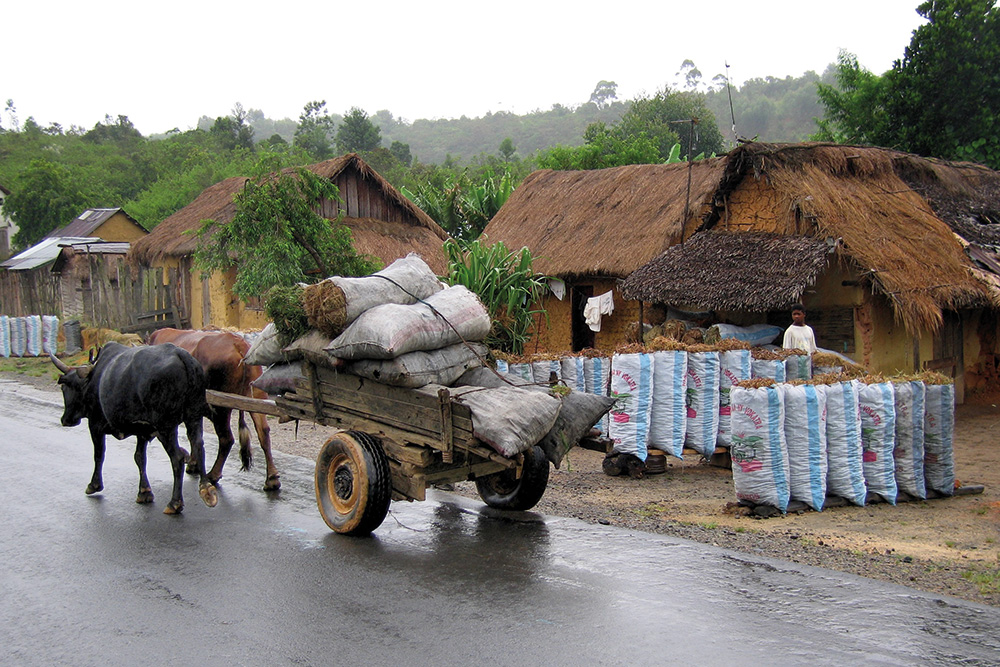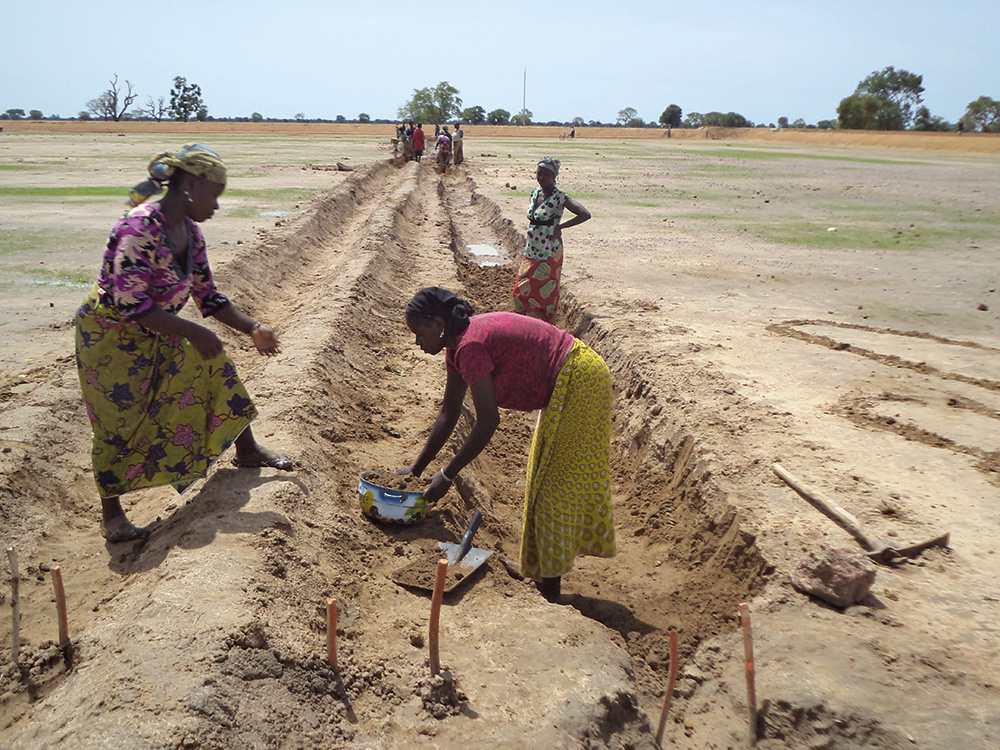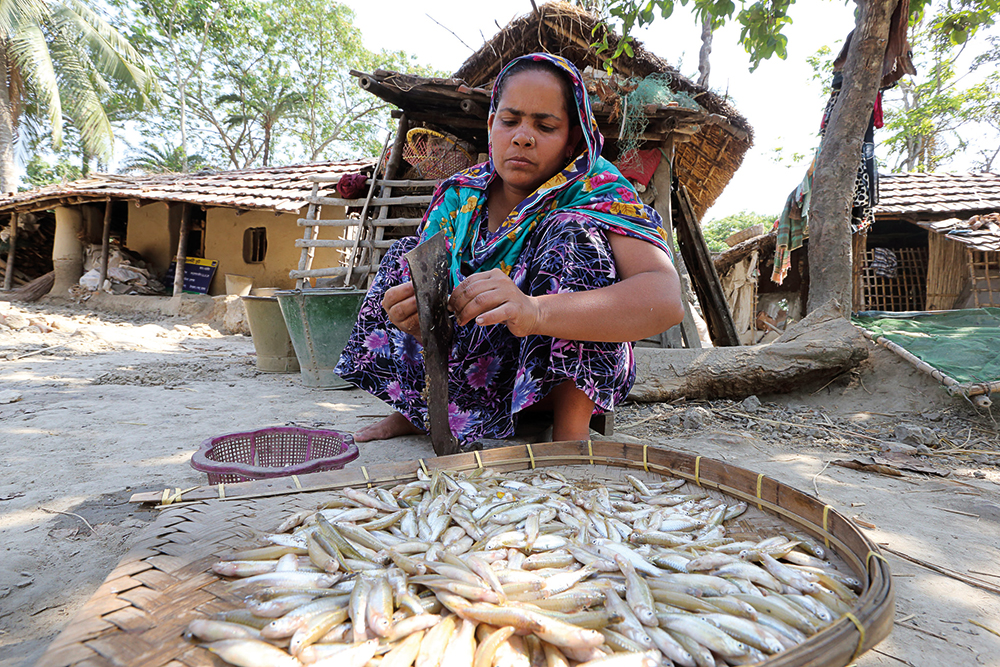Understanding Changes in Poverty
Understanding Changes in Poverty brings
together different methods to decompose the contributions to
poverty reduction. A simple approach quantifies the
contribution of changes in demographics, employment,
earnings, public transfers, and remittances to poverty
reduction. A more complex approach quantifies the
contributions to poverty reduction from changes in
individual and household characteristics, including changes





